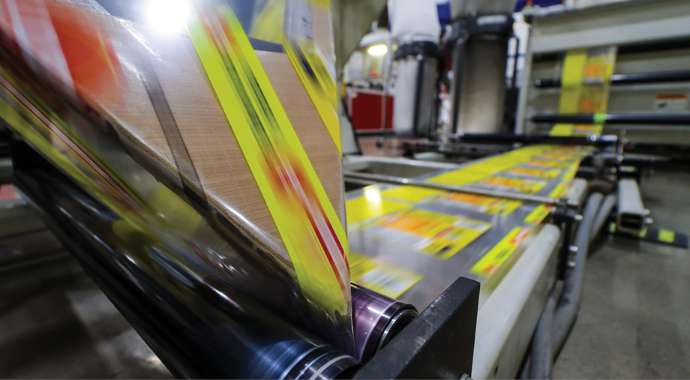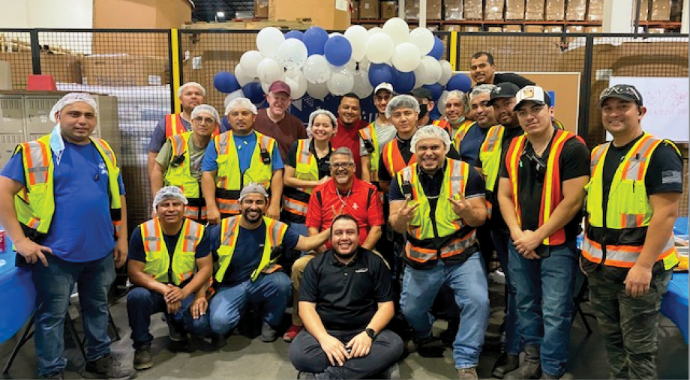Measuring Carbon Emissions at Five Star
Innovation and investment has always been at the heart of Five Star’s operating philosophy.
Innovation and investment have always been at the heart of Five Star’s operating philosophy. Product sustainability is among the themes that Five Star has long invested in—dating back to the 1990s when Superbag and FreshPak were among the first flexible packaging operations in the world to include post-consumer resins in retail carry-out bags. The Company continues to innovate with a series of first-to-market capabilities using bio-films, unique mono-material structures, and the development of industry-leading closed-loop recycling programs.
Five Star’s customers are increasingly focused on sustainability, including long-term decarbonization plans, product carbon footprint, recycled content, and recyclability. In response to customer inquiries, TJC encouraged Five Star to undergo its first-ever operational carbon footprint in 2022. Together, Five Star and TJC embarked on a project to measure Scopes 1 and 2 emissions using the GHG Protocol supported by third-party experts. The project also evaluated Five Star’s exposure to various Scope 3 categories, identifying which are most relevant to the Company’s operations and should be prioritized in future emissions inventories.
The evaluation established a baseline from which Five Star can set targets and measure progress, and yielded lessons learned on consolidating carbon footprint data across five distinct business units. The Company took these learnings in stride and is building a standardized, recurring process for Scopes 1 and 2 data collection. It is also evaluating data sources for key Scope 3 categories and considering what kind of infrastructure is necessary for replicable data collection processes.
The project not only catalyzed data-driven discussion on climate action and clarified opportunities for decarbonization, but it empowered the Company to proactively engage with customers around the benefits of its sustainability-focused products. Today, Five Star is leading the discussion with large, multi-national consumer packaged goods customers and their sustainability teams, to provide innovative packaging changes that will have meaningful impacts on their climate goals.
It should not be assumed that the investment above was or will be profitable. Please see “LEGAL” page for important information regarding this content.



